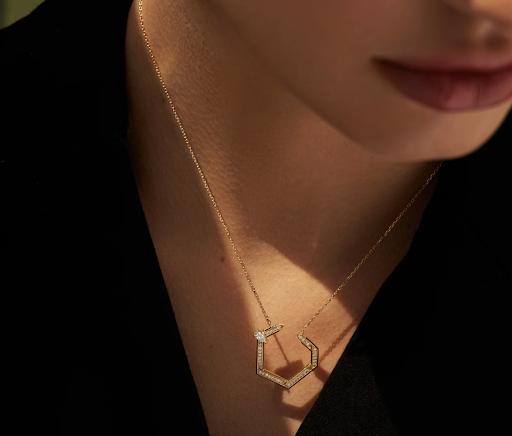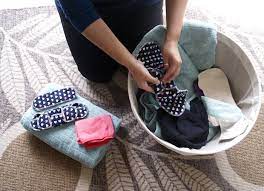There are many reasons you should switch to reusable hygiene products, from cost to the health of your body. The top reasons to switch to reusable sanitary pads include being more absorbent, last longer, and reducing menstrual cramps. But are these reasons enough to convince you to make the switch? Here are a few more reasons to switch!
Table of Contents
More absorbent
When choosing a reusable sanitary pad, consider your period cycle and the number of days you have during a cycle. Also, consider the core fabric and size. Some reusable pads are more absorbent than others, and they can also be more comfortable to wear. For example, cloth pads are made of 100% cotton.
Bamboo fibre is highly absorbent, biodegradable, and provides good ventilation. However, making bamboo fibre sanitary pads is expensive, which ultimately increases the cost to the end-user.
Last longer
Reusable sanitary pads are made of waterproof lining and an absorbent core. They are made from bamboo fleece, naturally antibacterial and antifungal. The organic cotton used in these pads also absorbs the flow. And because it is so sustainable, the material doesn’t require chemical treatment. That means that you can use reusable sanitary pads without buying new ones every month.
Cost less
Reusable sanitary pads are more expensive than disposable ones, but they are better for the environment and will save you money over time. These pads are made of two components: the absorbent part, which is removable, and the outer covering, which is often made of cotton or synthetic fabric. The absorbent part is made up of cotton or a charcoal-based material. Disposable pads can also be made with various materials, such as wood pulp or slush powder, which is the same as what is in disposable diapers. These two components allow disposable pads to absorb a larger volume of menstrual blood than reusable pads.
Reusable sanitary pads require less care and cleaning, and washing them regularly and using soap will prevent bacterial growth. The best reusable sanitary pads are the most absorbent, so you need to choose the right one for your needs.
Cloth sanitary pads are also less expensive than disposable sanitary products. In India, reusable sanitary pads are still controversial, and despite their environmental benefits, they are also cheaper for millions of women.
Eco-Friendly
The use of reusable sanitary pads has many benefits. First of all, they are much cheaper, especially for the poor. However, they have a few hurdles to overcome, such as social norms. In India, for example, washing used rags in the public washroom and drying them in the sun is frowned upon. These rags end up as breeding grounds for reproductive infections in many places.
Reusable sanitary pads are also eco-friendly, as they use a fabric made from wood pulp rather than plastic or other disposable materials. The material used for these pads is biodegradable, which is a considerable advantage in reducing menstrual cramps. One of the most significant drawbacks of disposable sanitary pads is the social taboos surrounding the subject of menstruation.
Safer for the body & environment
Reusable sanitary pads have many advantages. They can be made to last for up to a decade and are very affordable. You can buy them at your local supermarket, or even at a charity shop. They are safer for the environment, but they can also help women in need who cannot afford disposable pads. Using reusable pads can also help save the lives of these women living in countries that lack access to disposable products.
When you purchase reusable sanitary pads, you are not only helping the environment but you are also saving money. Most sanitary products are made with chemicals that disturb the microflora in the vagina and cause infections, rashes, and other problems. You can avoid these problems by switching to reusable pads. You can also choose pads made from various materials to make your reusable products as environmentally safe as possible.
Reusable sanitary pads are safer for your health and the environment. These reusable pads are safer for the environment than disposable ones and are more eco-friendly. It is because disposable pads contain synthetic fibres and plastics, which cannot degrade and are not recyclable, and these materials end up in landfills, so they are not biodegradable.











